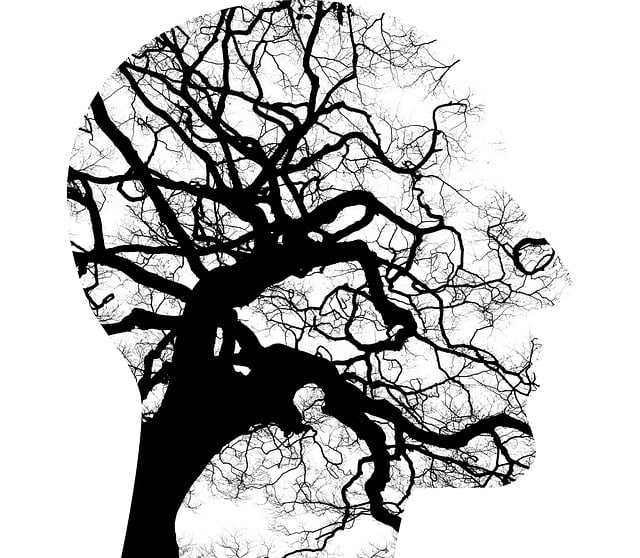Healthcare providers' burnout, driven by high-stress work environments, is a growing concern. Superior Mental Health Evaluations identify early signs of stress, anxiety, and burnout, offering insights beyond traditional diagnostics. Integrating these evaluations into healthcare systems enables tailored interventions like resilience building and therapy services, fostering a healthier work environment and enhancing patient outcomes. Proactive measures, including regular mental health checks, open communication, and stigma reduction, are crucial for preventing and managing burnout among healthcare professionals.
Healthcare provider burnout is a growing concern, impacting not just individuals but the entire healthcare system. This article explores comprehensive strategies to prevent burnout among healthcare professionals. We delve into assessing burnout risks through superior mental health evaluations, identifying factors that contribute to emotional exhaustion. Therapeutic interventions such as cognitive-behavioral therapy (CBT) and mindfulness practices offer effective tools for stress management and emotional well-being. Additionally, creating a supportive work environment with organizational culture change, workload management, and professional development opportunities is essential for fostering resilience and sustained performance.
- Assessing Burnout Risks: The Role of Mental Health Evaluations
- – Understanding burnout among healthcare providers
- – Identifying risk factors through comprehensive mental health assessments
Assessing Burnout Risks: The Role of Mental Health Evaluations

Assessing burnout risks among healthcare providers is a vital step in preventing this growing issue within the medical community. Superior mental health evaluations play a crucial role in identifying early signs of burnout, stress, and anxiety—all of which can significantly impact a provider’s well-being and patient care. These comprehensive evaluations go beyond traditional diagnostic tools, delving into emotional healing processes and coping skills development to gain a deeper understanding of an individual’s psychological state.
By integrating these assessments into healthcare systems, providers can access tailored interventions aimed at fostering resilience and overall mental health. Additionally, addressing burnout risks through superior mental health evaluations contributes to enhancing cultural competency training for healthcare providers. This holistic approach not only benefits individual practitioners but also fosters a healthier, more supportive work environment, ultimately improving patient outcomes.
– Understanding burnout among healthcare providers

Burnout among healthcare providers is a growing concern, with high-stress work environments and heavy patient loads contributing to significant mental health challenges. It’s crucial to recognize that burnout isn’t just physical exhaustion; it encompasses emotional drain and depersonalization from one’s job. Regular Superior Mental Health Evaluations can help identify early warning signs, allowing for timely interventions and support.
Effective prevention strategies focus on holistic well-being, encompassing Stress Reduction Methods, Resilience Building, and Mood Management. Encouraging open communication, providing access to therapy services, and fostering a supportive work culture are essential components in mitigating burnout. These proactive measures not only enhance the quality of care but also ensure healthcare providers can continue to deliver their best in service to patients.
– Identifying risk factors through comprehensive mental health assessments

Healthcare provider burnout is a growing concern, but identifying risk factors early can make all the difference. Comprehensive mental health assessments play a crucial role in this process. These evaluations go beyond basic diagnostic tools by exploring an individual’s emotional well-being, work satisfaction, and coping mechanisms. Through superior mental health evaluations, healthcare providers can uncover underlying issues that contribute to stress and burnout. By identifying these risk factors, facilities can implement targeted interventions, such as offering specialized therapy services or developing tailored mental wellness coaching programs.
Addressing burnout proactively is essential for maintaining a healthy workforce. In addition to comprehensive assessments, reducing the stigma surrounding mental illness is vital. Encouraging open conversations about mental wellness and implementing effective stigma reduction efforts create an environment where providers feel supported. Promoting positive thinking and resilience through training sessions and workshops can further empower healthcare professionals to manage stress and prevent burnout.
Healthcare provider burnout is a pressing issue, but with Superior Mental Health Evaluations and targeted therapy, it can be effectively addressed. By incorporating comprehensive assessments to identify risk factors early, healthcare organizations can implement tailored prevention strategies. These initiatives not only support the well-being of providers but also enhance patient care quality and satisfaction in the long run.








